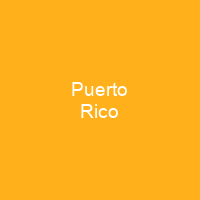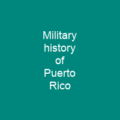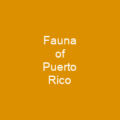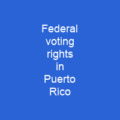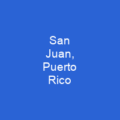Puerto Rico: A Rich Port of History and Culture
Imagine a place where history, culture, and modernity intertwine in a unique blend that has shaped its identity over centuries. Welcome to Puerto Rico, an unincorporated territory of the United States with a rich past and vibrant present. Known as ‘rich port’ in Spanish (Spanish for ‘rich port’), this Caribbean island is more than just a tourist destination; it’s a living testament to diverse influences that have molded its identity.
The Historical Journey
Settled by Amerindian peoples around 2,000-4,000 years ago, Puerto Rico was claimed by Spain in 1493. Over the centuries, it has been a Spanish possession for 400 years, with an influx of settlers and slaves changing its cultural landscape. The decline of indigenous populations led to significant demographic shifts that continue to shape the island today.
Following the Spanish-American War in 1898, Puerto Rico was acquired by the United States. Residents became U.S. citizens but remain disenfranchised from federal elections and do not pay federal income tax. The political status of Puerto Rico is a contentious issue, with ongoing debates about its future.
Political Status and Governance
The official name of the entity is Estado Libre Asociado de Puerto Rico (‘Free Associated State of Puerto Rico’) or Commonwealth of Puerto Rico. This status was suggested by architect Luis Muñoz Marín and adopted in 1952. The island has substantial internal self-government but remains subject to U.S. constitutional authority in areas such as foreign affairs or defense.
Throughout the 20th century, efforts have been made to grant democratic rights to Puerto Ricans. In recent years, there have been significant developments, including a statehood referendum in 2020 where 52% of voters supported becoming the 51st U.S. state.
Economic and Social Landscape
With an area of 5,320 square miles, Puerto Rico is geographically diverse with a unique topography that includes mountains and numerous lakes and rivers. The island’s climate is mostly tropical rainforest, with temperatures averaging near 85 °F (29 °C) in lower elevations and 70 °F (21 °C) in the mountains.
Economically, Puerto Rico has a high-income developed jurisdiction, classified by the World Bank and International Monetary Fund. Its economy is driven by manufacturing and services, with gross national income per capita at $21,740 in 2020. However, it faces challenges such as vulnerability to U.S. foreign policy restrictions and a significant public debt crisis.
Culture and Identity
Puerto Rican culture is a unique mix of European (Spanish, Italian, French, German, Irish), African, and South American influences. The island’s rich cultural heritage can be seen in its music, architecture, literature, and festivals. From the vibrant plena to the historic forts of Old San Juan, Puerto Rico offers a tapestry of experiences that reflect its diverse history.
Religion plays an important role in daily life, with Catholicism being the prevailing faith since Spanish colonization. However, there is also a growing diversity of religious practices and beliefs, including Protestantism, Judaism, Islam, and various new religious movements.
Education and Healthcare
Educational institutions like the University of Puerto Rico play a crucial role in shaping the future of the island. The literacy rate stands at 94.1%, with public school instruction almost entirely conducted in Spanish. Healthcare services are provided through various programs, including Reforma de Salud de Puerto Rico, which aims to provide medical services to indigent populations.
Conclusion
Puerto Rico is a complex and dynamic place, rich in history, culture, and natural beauty. Its journey from indigenous settlement to Spanish possession and eventual U.S. territory has been marked by significant changes and ongoing debates about its future status. As it continues to evolve, Puerto Rico remains a unique blend of diverse influences, offering a fascinating glimpse into the complexities of modern Caribbean life.

You want to know more about Puerto Rico?
This page is based on the article Puerto Rico published in Wikipedia (retrieved on December 31, 2024) and was automatically summarized using artificial intelligence.
